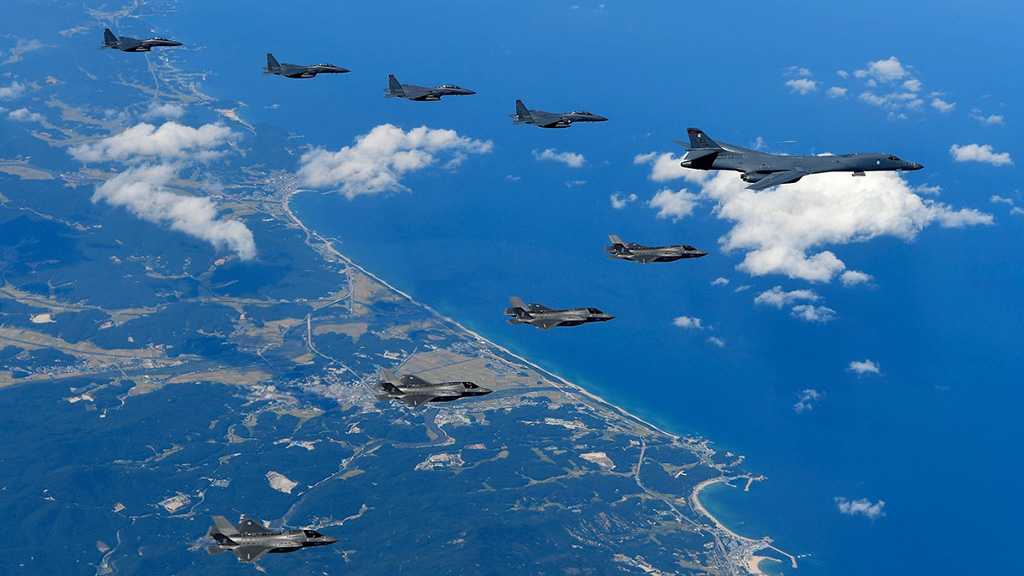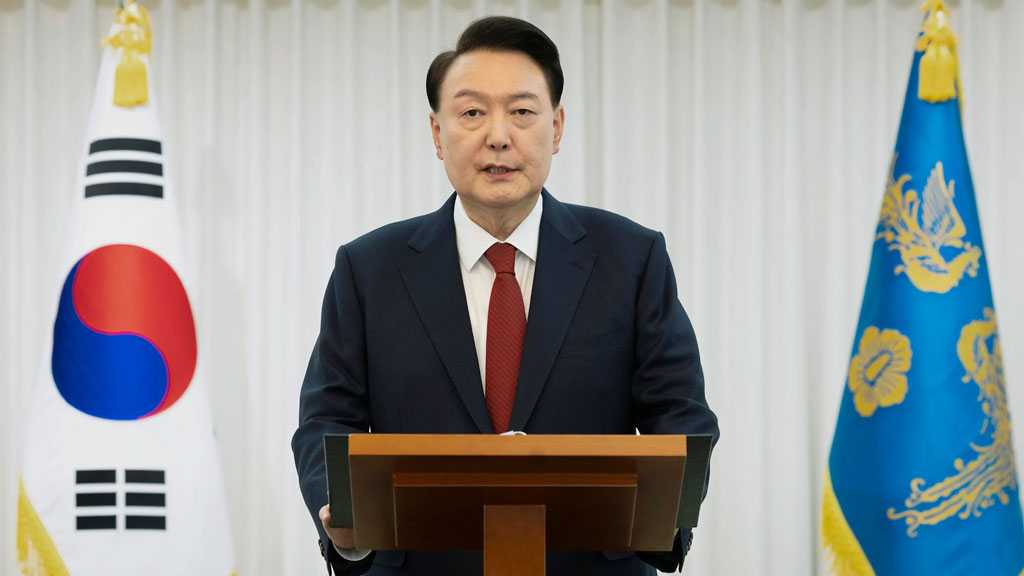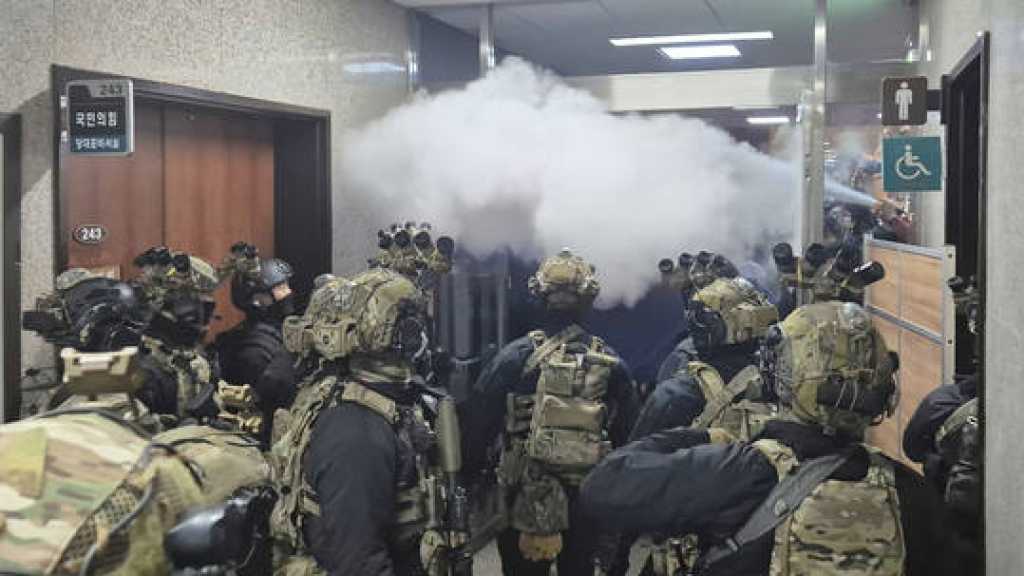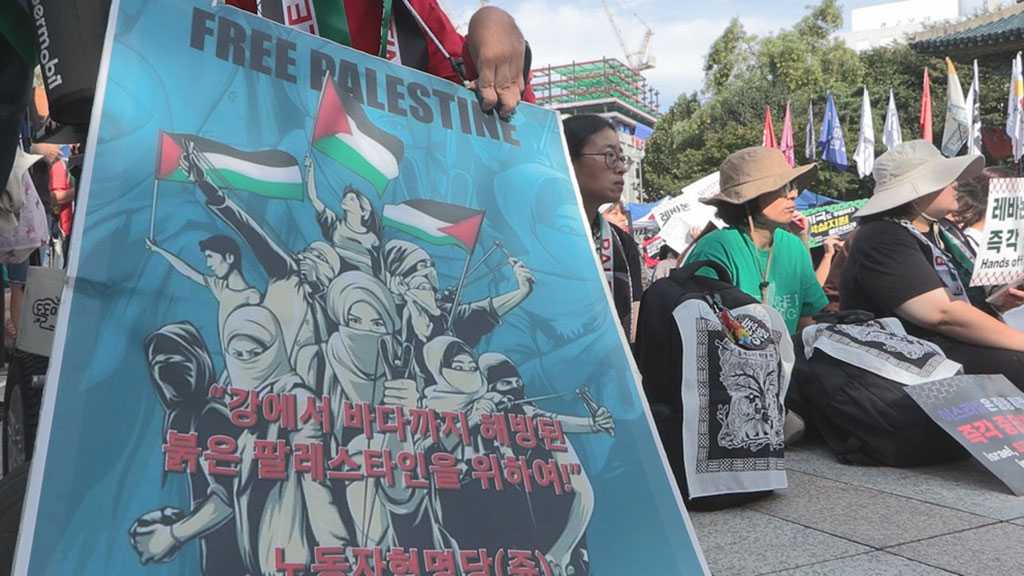S Korea, US Kick Off Massive Air Exercises

By Staff, Agencies
South Korea and the US launched their first major joint air drills in almost five years on Monday. The exercises, involving more than 240 warplanes, come at a time of heightened tensions with North Korea, amid fears that Pyongyang could test another nuclear weapon.
The ‘The Vigilant Storm’ exercise is expected to last throughout Friday and will see the deployment of about 140 South Korean planes, including state-of-the-art F-35A stealth fighters as well as F-15K and KF-16 jets.
Meanwhile, the US has sent around 100 aircraft, including F-35B fighters and a number of electronic warfare and tanker planes, as well as U-2 high-altitude reconnaissance aircraft. The maneuvers will be also attended by Australia, which has deployed a KC-30A tanker transport.
South Korea and the US will conduct about 1,600 sorties, which will be “the largest number ever for this annual event,” according to the US Air Force. Meanwhile, the South Korean Air Force noted that the two sides “will strengthen the operational and tactical capabilities” in order to “deter and respond to North Korean provocations”.
Such joint exercises were first held in 2015, and were then called ‘Vigilant Ace.’ However, they were suspended in 2018 as the administration of former South Korean President Moon Jae-in attempted to improve ties with the North.
The US-South Korean air drills come amid concerns in Washington that Pyongyang might conduct another nuclear test, after Pyongyang’s nuclear forces recently claimed they had successfully completed a simulated loading of tactical warheads in a hidden silo. In recent weeks, North Korea also carried out a series of weapons tests that involved ballistic missile launches.
Against this backdrop, the US, South Korea, and Japan have warned North Korea that it will face an “unparalleled” response if it tests another nuke. The last time it detonated an atomic bomb was in September 2017.
Pyongyang has condemned the joint drills, describing them as a rehearsal for an invasion and proof that Washington and Seoul are pursuing hostile policies. Pyongyang maintains that any military exercises around the Korean Peninsula that involve the US are a threat to its security.
Comments
- Related News

South Korea’s Ruling Party Chief Steps down
25 days ago


